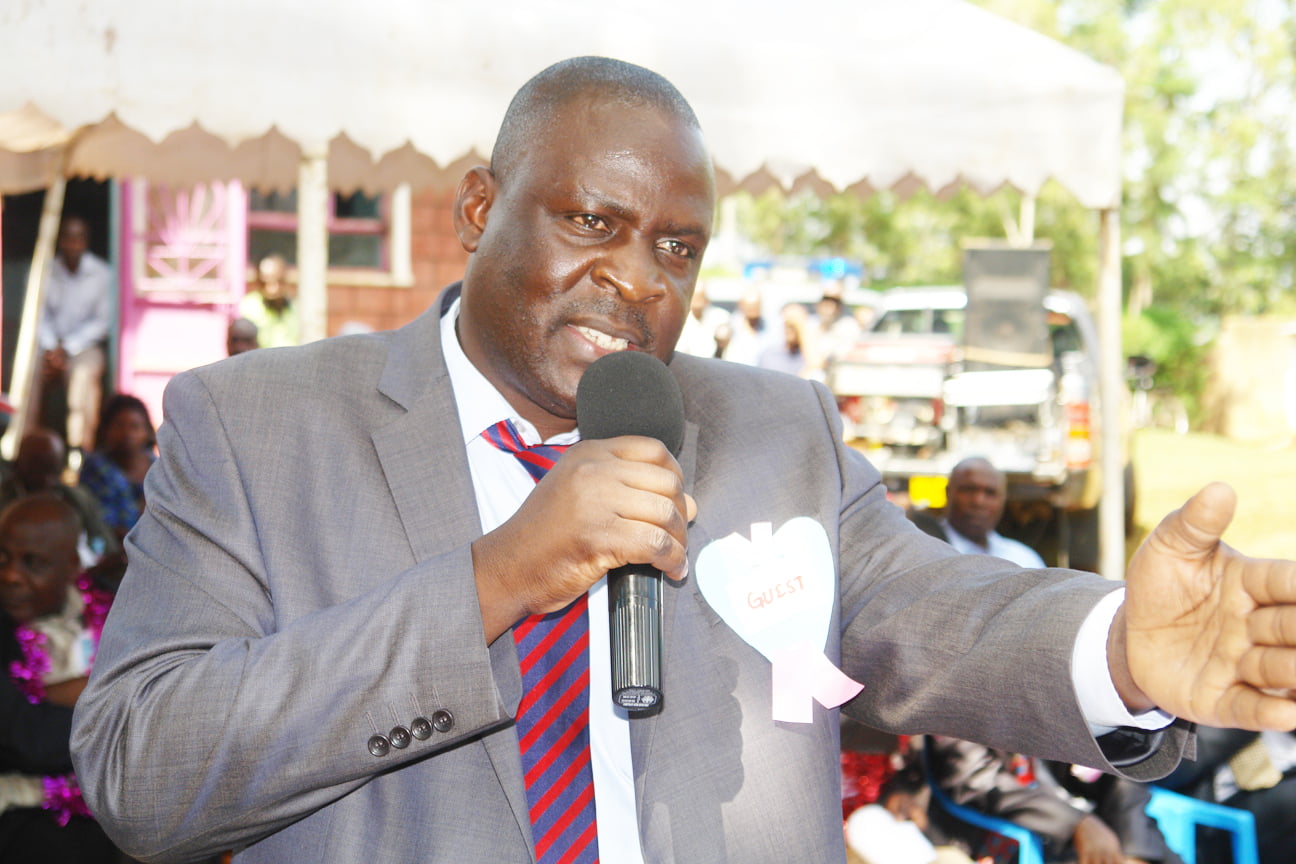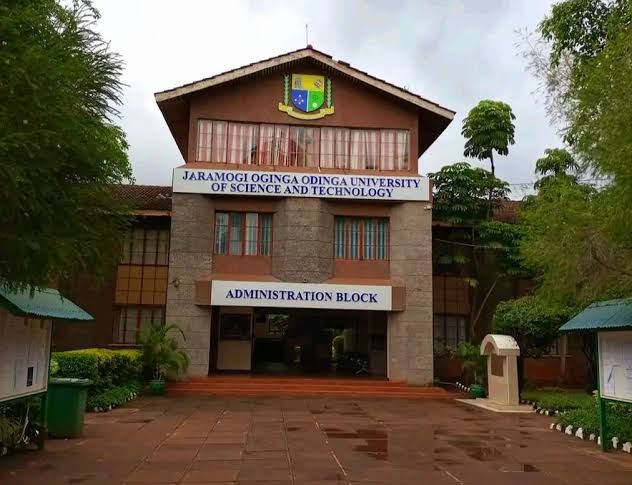Prof Amukowa Anangwe resigned as chairperson of the University of Nairobi (UoN) council after mounting political and institutional pressure, coupled with corruption allegations, made his position untenable. His exit, along with that of two fellow council members, marks the conclusion of a deeply divisive period in the university’s leadership.
The resignation letters, submitted on May 23 and officially received by Education Cabinet Secretary Julius Ogamba upon his return from abroad, followed a dramatic sequence of events including arrests, behind-the-scenes negotiations, and high-level intervention from State House.
Just days earlier, Prof Anangwe, Dr Ahmed Sheikh, and Carren Kerubo were arrested by the Ethics and Anti-Corruption Commission (EACC). The probe centered on the alleged irregular reappointment of Brian Ouma as Chief Operations Officer. According to the EACC, Ouma collected over Ksh32 million in salaries for multiple executive roles for which he lacked the required qualifications.
ALSO READ:
Head teachers decry inadequate capitation, call for MPs intervention
What unfolded next was a coordinated effort involving the University of Nairobi Professors Association and senior government officials to resolve the crisis. Prof Peter Wasamba, who heads the Professors Association, according to one of the local dailys confirmed that, they had tried to mediate the standoff between the university council and the Ministry of Education. After their efforts failed, they appealed to the Office of the President and secured a meeting with Head of Public Service Felix Koskei on May 22.
Though specifics remain confidential, sources close to the talks revealed that the message delivered to the embattled council members left little room for negotiation. “They were left with no option but to resign,” said one insider familiar with the discussions.
Prof Anangwe’s departure follows widespread criticism over decisions made without ministry approval, including the contested appointment of Prof Bitange Ndemo as vice-chancellor and the replacement of Prof Margaret Hutchinson with Prof Francis Mulaa as acting VC. These actions were publicly condemned by Higher Education Principal Secretary Dr Beatrice Inyangala, who clarified that they were done without consulting the Ministry and amounted to an overreach of authority.
ALSO READ:
Staff supervision strategies school administrators must embrace to succeed
Earlier in May, while addressing a separate event at Dedan Kimathi University of Technology, CS Ogamba voiced concern over the governance turmoil at UoN. He promised swift action, noting that the dysfunction was harming the university’s reputation and hindering financial partnerships.
The University Academic Staff Union (UASU) reacted to the resignations with cautious relief. UoN chapter secretary Dr Maloba Wekesa described the resignations as overdue, blaming the council for long-term damage to the institution’s image. He urged the government to appoint leaders of integrity and warned against any deal-making intended to influence the ongoing legal processes.
Prof Anangwe’s downfall, described by some observers as his “long night of knives,” was not a single event but a sequence of strategic moves, internal dissent, and legal pressure that brought an end to his leadership. His exit may pave the way for new governance, but the episode remains a stark lesson in accountability, transparency, and the high cost of leadership missteps.
By Our reporter
You can also follow our social media pages on Twitter: Education News KE and Facebook: Education News Newspaper for timely updates.
>>> Click here to stay up-to-date with trending regional stories
>>> Click here to read more informed opinions on the country’s education landscape






